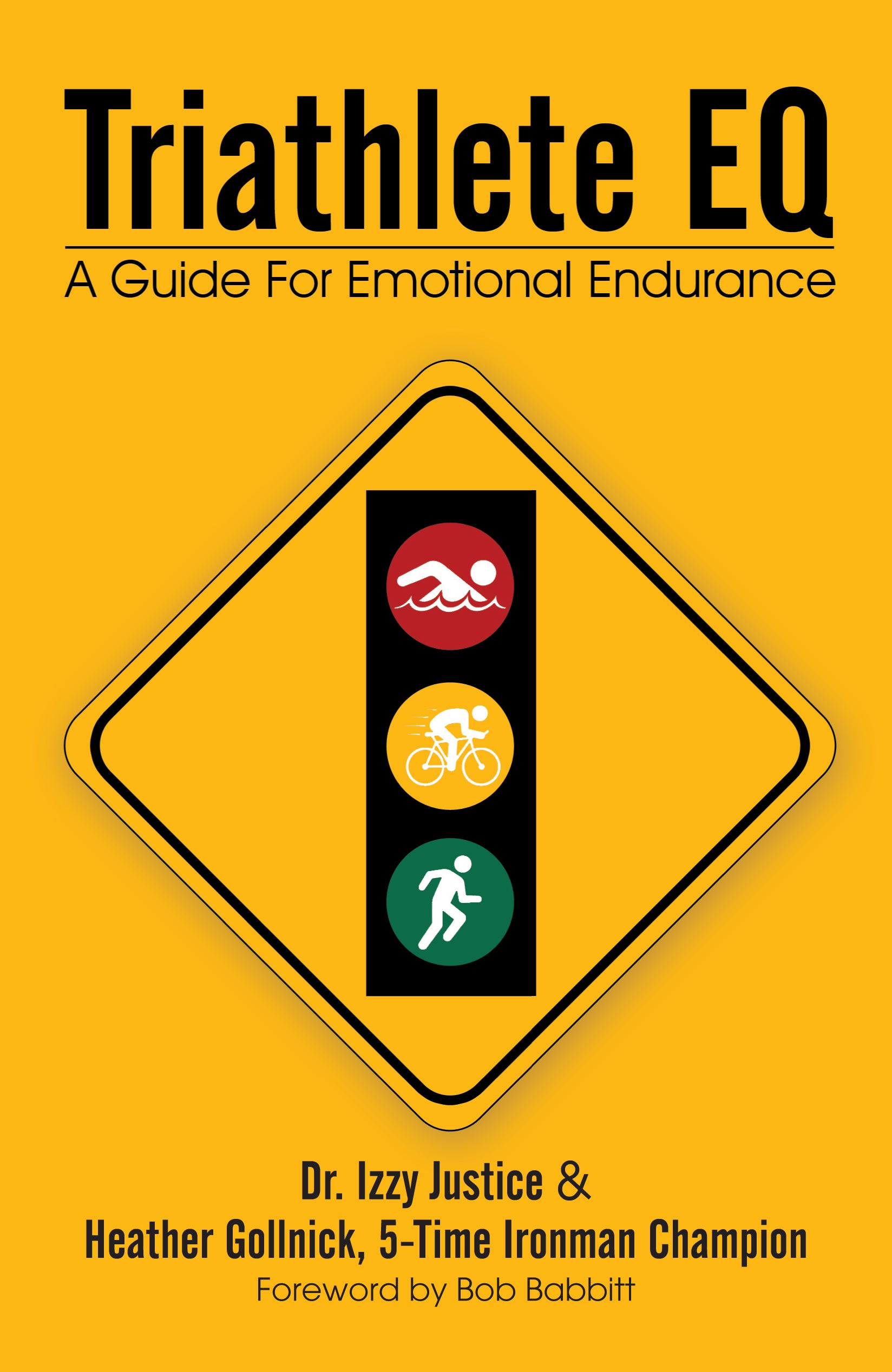Dispatch - Book Review: Triathlete EQ

Columnist Holly Bennett reviews the new book Triathlete EQ–A Guide For Emotional Endurance.
This time of year a majority of us have reached the end of our racing seasons, replacing our fixation on Training Peaks with an addiction to pumpkin spice lattes. We look forward to spending quality time with our loved ones and savoring the luxury of fewer 5:00 a.m. alarms. But triathlon is not entirely off our radar in the off-season; in fact, there’s no better time to assess our strengths and weaknesses and prepare ourselves as best as possible for the year ahead.
One area of discipline sadly neglected by many triathletes is the mental and emotional training for the sport–something that, although somewhat hard to harness due to its intangible nature, is essential for success. It’s this aspect of triathlon that the newly released book Triathlete EQ–A Guide For Emotional Endurance seeks to address–and to offer straightforward, practical tools for training one’s own EQ. How many times have you heard a triathlete refer to the mental/emotional aspect of triathlon as “at least half the battle”? How often have you witnessed an athlete, relatively equal in physical strength and talent to his or her rivals yet somehow able to excel to a superior level of performance? As five-time Ironman champion Heather Gollnick (who co-authored the book along with sports neuropsychologist and age group triathlete Dr. Izzy Justice) states in the book’s introduction, “I have won several races not because I was the fastest swimmer, biker, or runner, but because of my mental fortitude and ability to dig deep and fight both mentally and physically.” And having balanced a successful career as a pro triathlete, business owner, coach and mother of three young children, Gollnick knows a thing or two about the mental and emotional finesse needed to maneuver through both life and sport.
Building on the central premise that “triathlons are as much an emotional endurance test as they are a physical ability test,” the authors offer a science-based approach to understanding emotional response and the how’s, why’s, when’s and where’s of emotional/mental impact on athletic performance. Beyond just talking the talk, they provide a step-by-step guide and journal-style notebook wherein anyone can learn the tools to tackle the obstacles that our own minds create.
RELATED: Sports Psychology Tips For Triathletes
What I find most compelling about Triathlete EQ is the suggestion to take one’s “emotional temperature” throughout any given day–or especially during each training session or race. These temperatures, classified as GREEN, YELLOW and RED, provide a framework for understanding and dealing with one’s state of stress. The book goes on to teach practical methods for navigating from the threatening RED stage or the somewhat risky YELLOW stage back to the healthier, calmer, more productive GREEN stage. The book also addresses the various personal monologues, both positive and negative, that inevitably occur in each of our minds while we race, as well as takes a multi-layered look at mental focus, especially during longer endurance events where one’s thoughts easily wander. Bottom line, the book offers easy-to-adopt solutions to coping with those critical moments–especially in races–that inevitably go awry, and methods to move through them to reach increased athletic success.
The book’s pages are peppered with inspirational quotes and real-life examples of both professional and age-group triathletes, along with a great deal of Gollnick’s own rich experience as both a top pro and a talented coach. I imagine that any triathlete, after reading Triathlete EQ, will feel compelled to devote an equal amount of attention to developing powerful “emotional endurance skills” along with swim, bike and run strength, speed and form. Fortunately the platform provided by the book–beyond the initial investment of thought and journaling–fits seamlessly and concurrently into one’s training plan without requiring additional time.
Triathlete EQ–A Guide For Emotional Endurance is available both in print or as an e-book via Triathleteeq.com. I suggest purchasing the print version, thus allowing full use of the create-your-own reference notebook format. The book is a perfect celebratory end of season gift-to-self, or an ideal stocking stuffer for the triathlon friends on your holiday list.